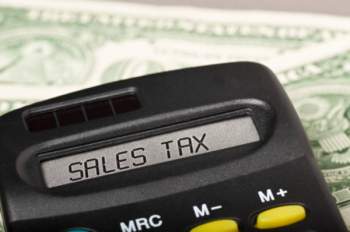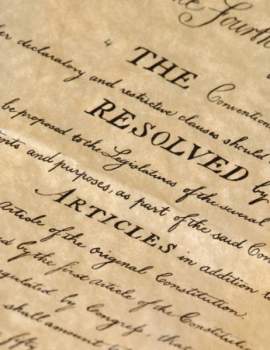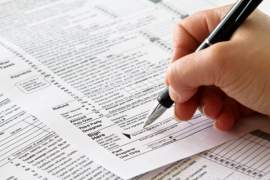
Know the Types of Sales Taxes

There are dozens of types of sales tax. Not all types are currently imposed in the United States. However, members of the tax reform movement have proposed certain types of sales tax, such as the value added tax, as a means of replacing income tax. The movement asserts that sales taxes can be utilized to more fairly place the burden of taxes by an equal distribution of taxes according to an individuals income.
Gross Receipt Tax:
The gross receipt tax is a tax paid by businesses after they have totaled their revenues. The revenue, or profit of a company, is totaled regardless of where the profit comes from. Once that total has been reached, the company is responsible for gross receipt taxes as a certain percentage of that profit, depending on the state's tax laws. There are ten states that currently impose a gross receipts tax to businesses in those specific states. In each state, the gross receipts tax is accessed differently and may not apply to all businesses. Some states only impose the gross receipts tax on certain businesses, such as construction. Whereas other states impose a flat percentage rate tax on all profits of a company, no matter where the profit came from.
Excise Tax:
Excise taxes are taxes paid on items based on a flat rate of the volume of an item being sold. For example, each state may have an excise tax on gasoline on a per gallon basis. In addition, each state may impose an excise tax on cigarettes on a per pack basis. Each state has the right to implement those taxes at the discretion of that state's tax laws. For example, an excise tax on a gallon of gasoline will be different in each state. While one state may only charge a penny per gallon excise tax, another state may charge forty cents. In addition, gasoline has a federal excise tax which applies across the nation. The actual cost of gasoline is much lower that what consumers pay at the pump.
Use Tax:
Use taxes are imposed on items used by a state resident, that purchased that item in another state and then brought that item to their state of residence. The use tax applies to those items when they are consumed, used or stored in a state other than the state it was purchased in. The most common use tax is the one applied to online purchases. Many times, items purchase online do not include a sales tax in the price of the item. Some states require that consumers voluntarily submit the tax. In other states, each taxpayer is assumed to have a certain use tax based on their salary. The use tax rate can be figured out by placing an individuals salary in the use tax bracket. There have been many lawsuits involving the use tax, such as those involving consumers that purchased cigarettes online. In most cases, the use tax is upheld an the taxpayer is required to pay that tax in addition to late fees and interest.
Value Added Tax:
The Value added tax is placed at every level of the manufacturing of goods. As the products progresses towards its completion, the value added tax increases in proportion to the value that has been added to the product. Rather than a flat sales tax, the total tax burden is distributed throughout the manufacturing process. The final product generally incurs the highest tax, because It has had the most value added. Like many consumption taxes, the value added tax is involved in several controversies. The lower and middle classes still pay a higher percentage of their salary towards that tax. Any tax that is based on a flat percentage of price, or salary, tends to involve less money being spent by the wealthy. Those that have larger salaries pay a lesser percentage of their salary toward taxes based on flat rates.
Fair tax:
The Fair Tax Bill was a proposal in which all consumers would pay a tax on items purchased. The nationwide tax would be imposed at the point of sale. Percentage wise, the fairtax would have been equal to income tax. Each taxpayer would equally share the tax burden based on the purchase of consumer goods. In addition, taxpayers would be unable to avoid shouldering a fair portion of the tax burden. Tourists, and other non residents of the country, would also contribute a fair portion to the tax burden. Any individual that was free to enjoy any benefit funded through the national tax, would also be forced to make a fair contribution toward the tax that pays for those benefits.
NEXT: Understanding the Use Tax





















